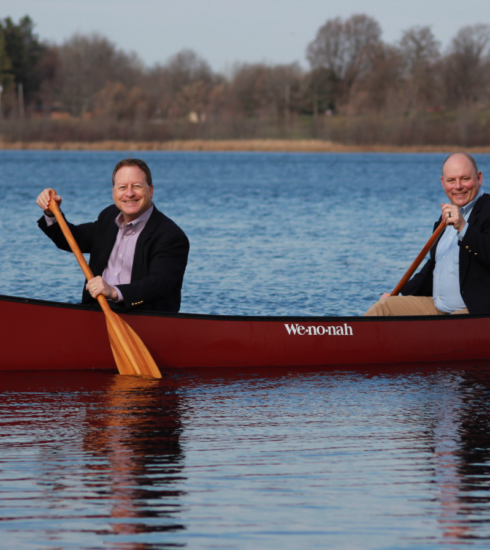Angie Morgan, Courtney Lynch, and Sean Lynch – “Spark: How to Lead Yourself and Others to Greater Success”
Angie Morgan, Courtney Lynch, and Sean Lynch know their stuff. Advocates and experts in developmental management strategy, they’ve spent years perfecting their philosophy on how to shift corporate philosophical models to something more accommodating, more durable, and more relevant to the current day face of the 2020s rat race. As a result, when you pick up a copy of their new book – Spark: How to Lead Yourself and Others to Greater Success – you automatically feel you’re not listening to the glistened, slick ruminations of a questionable character from the depths of the corporate jungle. You feel you’re reading something containing premier, evidence-based advice.
But Morgan, Lynch, and Lynch multiply this power by actually including autobiographical, personalized examples of their own respective scenarios with each chapter’s featured, exponential methodologies. This is a tactic that is a win-win for everyone, obviously for the three authors, but most importantly for the reader. Like an MLA or position paper, albeit one with room for emotive and evocative traits, concepts are laid out, dissected, personally revered with detailed, narrative-like examples on behalf of Morgan, Lynch, and Lynch, then articulated generally once again in light of said examples. There’s no feeling of urgency on behalf of Morgan, Lynch, and Lynch, nor of any sort of egomania or hierarchal narcissism. They stand by what they believe in firmly, but have the humility to articulate it in a multitude of ways that can reinforce such views for the widest possible audience.
PURCHASE LINK: https://www.amazon.com/Spark-Yourself-Others-Greater-Success/dp/0544716183
Probably the most refreshing of ideas Morgan, Lynch, and Lynch promote is the post-modern concept of the ‘leader’ of an endeavor. Rather than the cliche of an exclusionary, limited set of immediate actions and responsibilities, the leader is responsible more than anyone for maintaining a sense of fluidity and coherence from the highest echelons of power to the bottommost sectors of the corporate pyramid. “We humans crave community,” write Morgan, Lynch, and Lynch. “…Whether it’s cross-functional teams, colleagues from different geographies, or special projects groups, we’re constantly being paired with others and challenged to collaborate and produce great results…(Leaders) understand that in order to get the most out of their teams, they need to serve – and to show others how to serve as well.” They point out such ‘selflessness’ really benefits, ironically, not only one’s ‘self’ professionally but also the entirety of the team on a collective level. “…when people feel cared for because you’re serving them, they begin to feel safe and experience your commitment to them. They’re also able to focus less on themselves and more on their team and the results they’re seeking to deliver. So when one (leader) chooses to serve, the benefits can be unlimited.”
Such altruism is a rare thing to hear, going only a few years back. But such altruism essentially being argued as symbiotic with the word and concept of ‘success’? That’s completely unheard of. Yet Morgan, Lynch, and Lynch make such a formerly unattainable pattern understandable, doable, and somewhat mandated when all is said and done.
Nicole Killian







